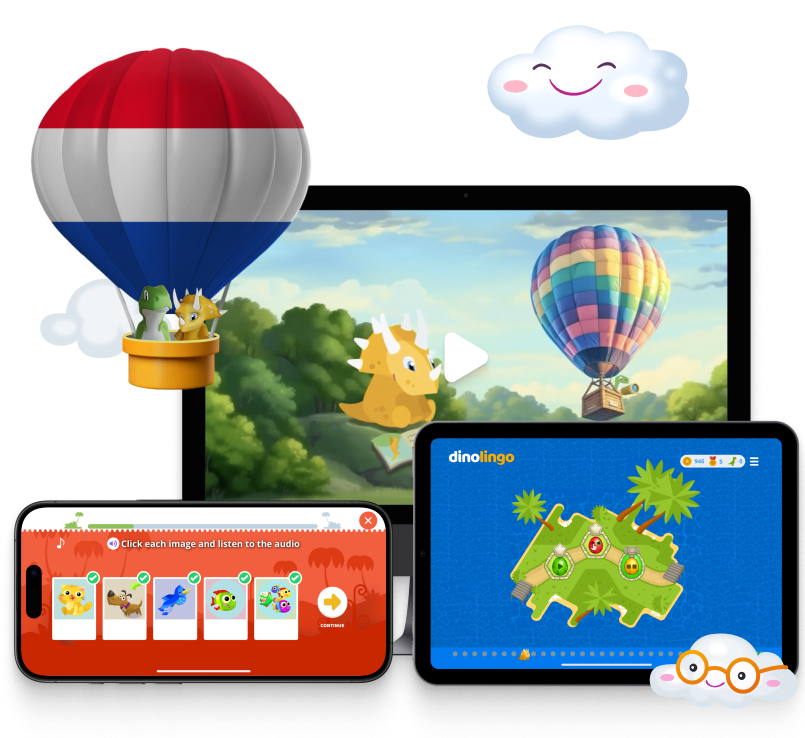How to Sound Polite in Dutch: Tiny Words with Big Meaning
Good manners matter in every language and Dutch is no different! Teaching kids polite Dutch words early on builds confidence and shows respect. These small phrases make a big impact and are easy to practice every day.
Why Politeness Helps Language Learning
Polite phrases are:
- Frequently used in daily life
- Easy to remember and repeat
- A great way to start conversations with kindness
Using them helps children sound natural and respectful in Dutch settings.
Kid-Friendly Dutch Politeness Words
- Alsjeblieft – Please (informal)
- Alstublieft – Please (formal)
- Dank je – Thank you (informal)
- Dank u – Thank you (formal)
- Graag gedaan – You’re welcome
- Sorry – Sorry
- Mag ik…? – May I…?
- Excuseer – Excuse me
Use these phrases during meals, playtime, or when asking for help.
Polite Phrase Practice Activities
“Dutch Manners Match-Up”
Create flashcards with Dutch polite phrases and situations (like receiving a snack or asking for a toy). Kids match them and say the phrase aloud.
“Please & Thank You” Toy Shop
Set up a pretend shop and have your child ask for items in Dutch: Mag ik een bal, alsjeblieft? Then respond with: Dank je! Graag gedaan!
Mannerly Learning with Dinolingo
Dinolingo builds kindness into language learning with friendly characters and real-world dialogues. Kids learn polite Dutch through stories, games, and listening practice that’s both fun and meaningful.
Final Thoughts
Words like alsjeblieft and dank je may be small but they teach kids big lessons about kindness, confidence, and connection in Dutch.
Source:
Start Learning a New Language Today!
Best Language App for Kids.
7-day free trial. Then only $19/month. Cancel anytime.

